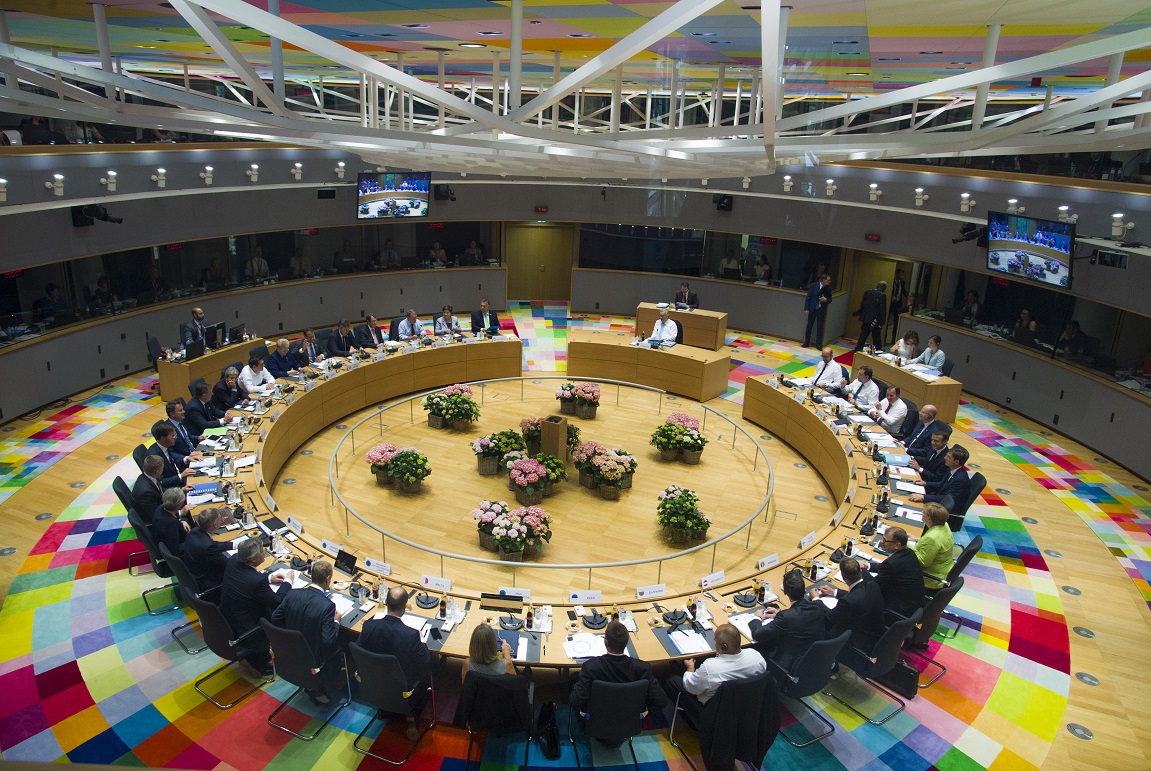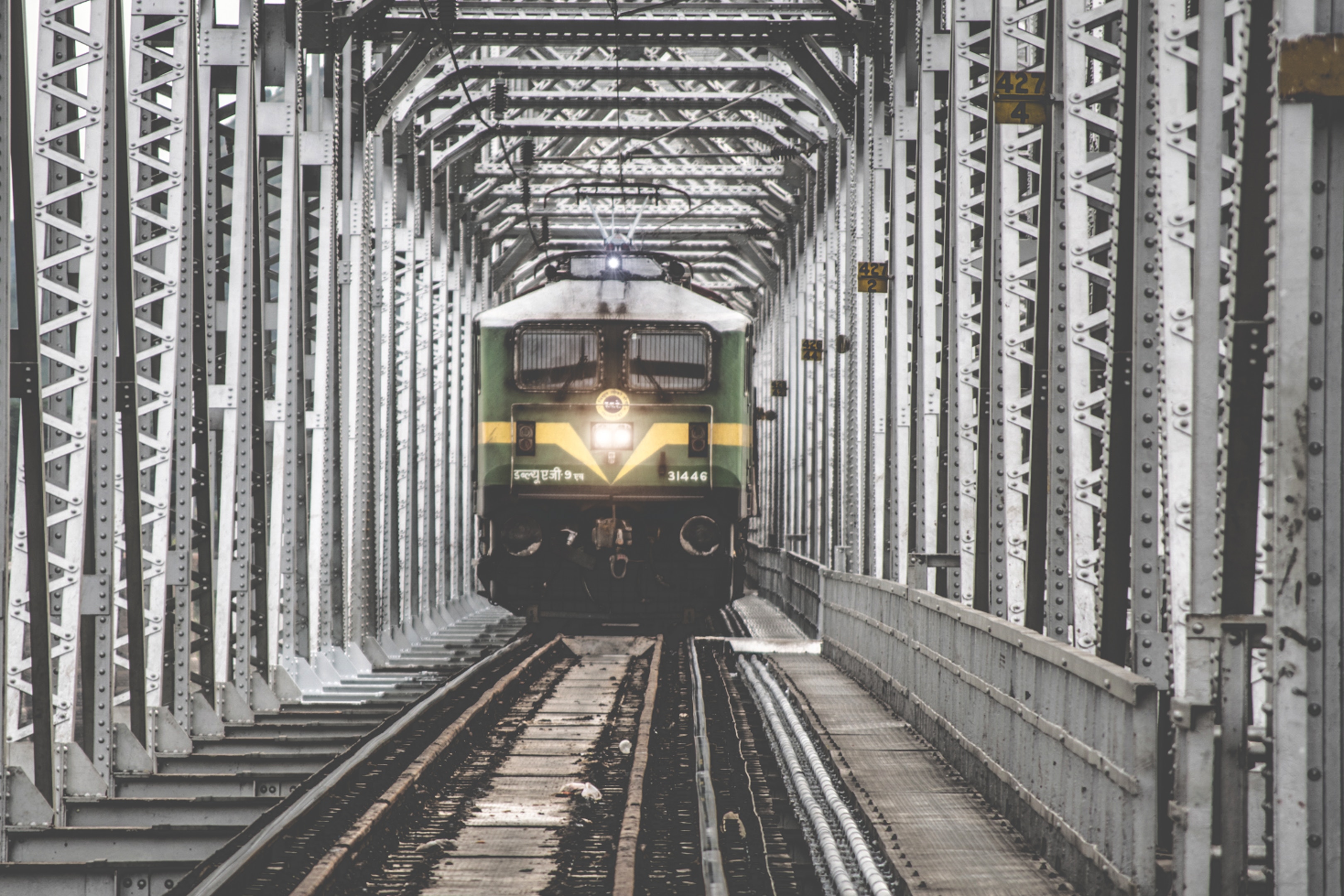
Written by Giacomo Migliore
A new, important year for Europe has come! 2019 marks the 20th year of our euro currency, which was born on January 1, 1999. Let’s look at our headlines:
- What to expect for 2019
- Romania holds the European Council presidency
- Japan and Europe sign the word biggest trade agreement
- Have you seen how London welcomed 2019?
What to expect for 2019
There will be quite a number of elections around Europe in 2019. These include eight national ballots (seven in the EU plus Switzerland), eight presidential elections (six in the EU plus Ukraine and Macedonia) and the world’s second-biggest election: the European Parliament election in May. Many high-level EU roles will undergo a change. Besides the European Parliament president (currently Antonio Tajani), these include the 27 commissioners and the European Commission president (Jean-Claude Juncker), the European Central Bank president (Mario Draghi), the European Council president (Donald Tusk) and the High Representative of the Union for Foreign Affairs and Security Policy (Federica Mogherini).
To know more: If you want to know more about the European Parliament elections, you can refer to two previous issues of this newsletter on who are the Spitzenkandidaten – or lead candidates – that have been officialised so far. If you want a detailed picture of the different national contexts, I suggest you to refer to the 2019 European election newsletter of POLITICO, which is published every Tuesday. There are updates on Luxembourg, Slovakia, Greece, the Baltics, Ireland, and Hungary.
Romania holds the new European Council presidency
The presidency of the Council of the European Union rotates among the member states every six months. The tasks of the Council’s presidency are to organise, chair the meetings of the Council and to represent the Council as well as negotiating on its behalf with the other EU institutions. Member States holding the presidency set the agenda for the next 6 months to come. Presidencies are organised in so-called trios, which are groups of three consecutive presidencies totally lasting 18 months. They work on more long-term objectives; the current trio is made up of the presidencies of Romania, Finland, and Croatia.
On 1st of January 2019, Austria ended its 6-months presidency and handed over the task to Romania, which now holds it for the first time since it entered the European Union. The handover ceremony was on the 10th of January at the Romanian Athenaeum in Bucharest, where the highest political figures of both the European Union and Romania were present. The Council presented the priorities of the Romanian presidency based on these pillars: a Europe of convergence; a safer Europe; Europe, a stronger global actor, and a Europe of Common Values.
Previously some concerns about Romania’s capacity to carry out this task were voiced in Brussels by the Commission president Jean-Claude Juncker. He said in an interview to Welt am Sonntag that while Romania is ‘well prepared’ at a technical level, “I believe that the government in Bucharest has not yet fully understood what it means to preside over EU countries”. It is, however, claimed that such concerns are overblown and that Romania has enough diplomatic capacity to prevent its domestic policy from influencing the Council presidency.
To know more: read the upcoming article of our ambassador to Romania on our website.
To know more: refer to the presidency website.
Japan and Europe sign the word biggest trade agreement
Last month the European Parliament cleared the way for the European Union-Japan Economic Partnership Agreement (EUJEPA) which will enter into force as soon as 1st of February 2019. The agreement will represent the world largest free trade zone concerning 635 million people and covering close to 30% of global GDP. It is also the first-ever trade agreement to include an explicit reference to the Paris climate agreement; it includes also a chapter on trade and sustainable development and one on small and medium enterprises (SMEs), and it sets very high standards of labour, safety, environmental and consumer protection.
In 2013, European Governments instructed the European Commission to start negotiating with Japan. Negotiations of this trade agreement gained geopolitical importance after the talks between the EU and the United States of America on the Transatlantic Trade and Investment Partnership (TTIP) were suspended, when the United States pulled out of the Trans-Pacific Partnership (TPP) agreement in January 2017 (a trade agreement in the Pacific region including both Japan and the United States of America), and also in response to the imposition of a 25% tariff on steel and 10% on aluminum products by the United States of America. This agreement reaffirms the European and Japanese commitment to democracy, protection of human rights, free and open trade, multilateralism and a rules-based world order.
Find out more: European Commission, EURACTIV, Bruegel.
Have you seen how London welcomed 2019?
In this issue I did not cover Brexit, even though the process is still ongoing. All the UK political squabbles and developments will be covered in the 4th issue of our newsletter, stay tuned for that! In the meantime, check-out this tweet of London by Mayor Sadiq Kahn, showing the pro-European fireworks that took place in London at New Year’s Eve.
Giacomo is a Master student of Business Studies in a joint degree programme at Università diTrento, Université Savoie Mont Blanc, Universität Kassel e Universidad de León. He graduated with honours in Modern Languages at the Università di Trento, studying English and German as main foreign languages. He spent a semester abroad working in a small consultancy in Brussels with a focus on economics, digitalization and related social themes, as for example the participation of women in decision-making processes. He enjoys cultural diversity and likes travelling and learning languages. Among the experiences abroad, he worked with NGO in Brazil and Cameroon and spent six months in Argentina.

 The ’Ndrangheta’s Infiltration and Threat to European Institutions
The ’Ndrangheta’s Infiltration and Threat to European Institutions  From Paper to Practice: How Grassroots Norms Undermine Gender Rights in Pakistan
From Paper to Practice: How Grassroots Norms Undermine Gender Rights in Pakistan  Exploited Childhoods: The Role of Global Corporations in Perpetuating and Mitigating Child Labour
Exploited Childhoods: The Role of Global Corporations in Perpetuating and Mitigating Child Labour  Human Rights Challenges in Addressing SLAPPs in Media, NGOs and Journalism in the EU
Human Rights Challenges in Addressing SLAPPs in Media, NGOs and Journalism in the EU 


